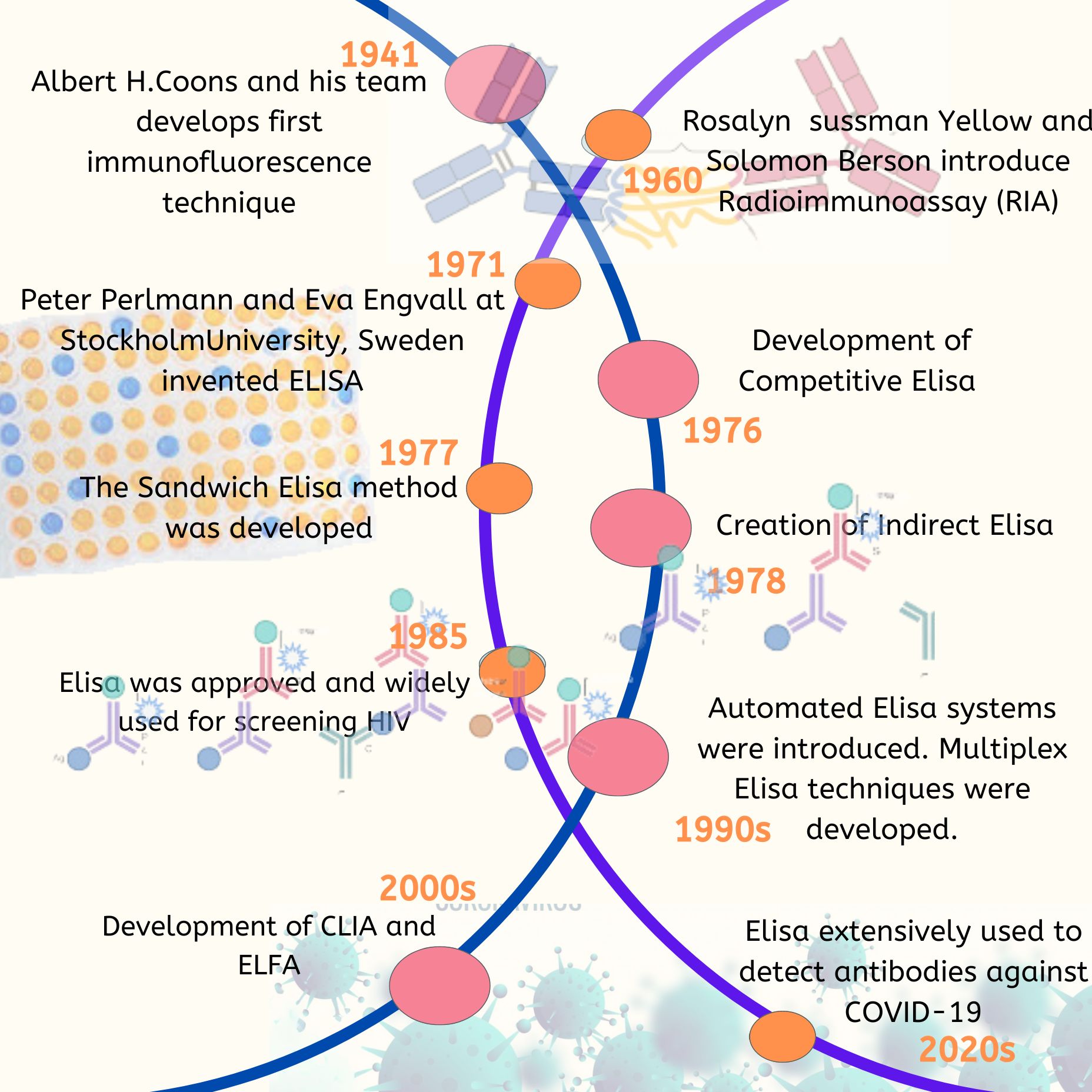This is a serious condition that presents the inflammation of the brain which in most cases is caused by a virus. This rare disease commonly affects individuals with weakened immune system such as the children, elderly, cancer and HIV patients. Although encephalitis is not contagious, the virus that causes this condition can be.
Causes
The exact cause of this condition is often not identified but the common cause is the viral infection. There are several types of this condition that can present different cause such as the infectious, post-infectious, autoimmune and chronic. The infectious type develops inflammation as the common result of viral infection and the post-infectious is caused by the immune system accidently attacking the brain in a reaction to an infection present elsewhere in the body. Autoimmune is the inflammation that is caused by the immune system in response to a non-infectious cause such as the tumor and the chronic type progressively develops the inflammation over several months as the result of another condition such as HIV. Some of the common viral infections include herpes simplex virus, mosquito-borne viruses, tick-borne viruses, rabies and various childhood infections such as mumps, measles and rubella.
Symptoms
This can usually begin with the flu-like symptoms that consist of high temperature, headache and joint pain. The mild cases present fever, feeling sick, lacking energy, loss of appetite and headache. The severe form of this condition presents symptoms such as nausea, vomiting, severe headache, confusion, convulsion, hearing problems, hallucinations, memory loss and disorientation.
Diagnosis
The diagnosis of this condition can be difficult as it presents symptoms similar to meningitis. Some of the diagnostic tests include CT or MRI scans to assess the brain inflammation, a lumbar puncture that can indicate infection, an electroencephalogram (EEG) to monitor the brain activity and a brain biopsy to determine the cause when treatment is not responding. Additional lab tests can include urine or blood tests to evaluate the presence of any infectious agents.
Treatment
This is a serious condition requiring urgent medical treatment usually in the intensive care unit (ICU). The success of the treatment is based on the early diagnosis. The treatment is also based on the type of encephalitis and focuses in reversing the process of infection, to control the complications such as seizures and to prevent the long-term complications. The viral infections are treated with antiviral medications which are only effective against the herpes simplex virus or varicella zoster virus. Some of the side-effects of antiviral medications include vomiting, diarrhea, joint soreness or pain and less commonly liver damage. In the rare cases of bacterial or fungal infections, antibiotics or anti-fungal medication is the treatment. The post-infectious encephalitis is usually treated with corticosteroids that reduce the level of brain inflammation and calms the immune system. The autoimmune encephalitis may be treated with corticosteroids and immunosuppressant.
References
http://www.nhs.uk/Conditions/Encephalitis/Pages/Treatment.aspx
http://kidshealth.org/en/parents/encephalitis.html#
http://www.mayoclinic.org/diseases-conditions/encephalitis/basics/treatment/con-20021917



